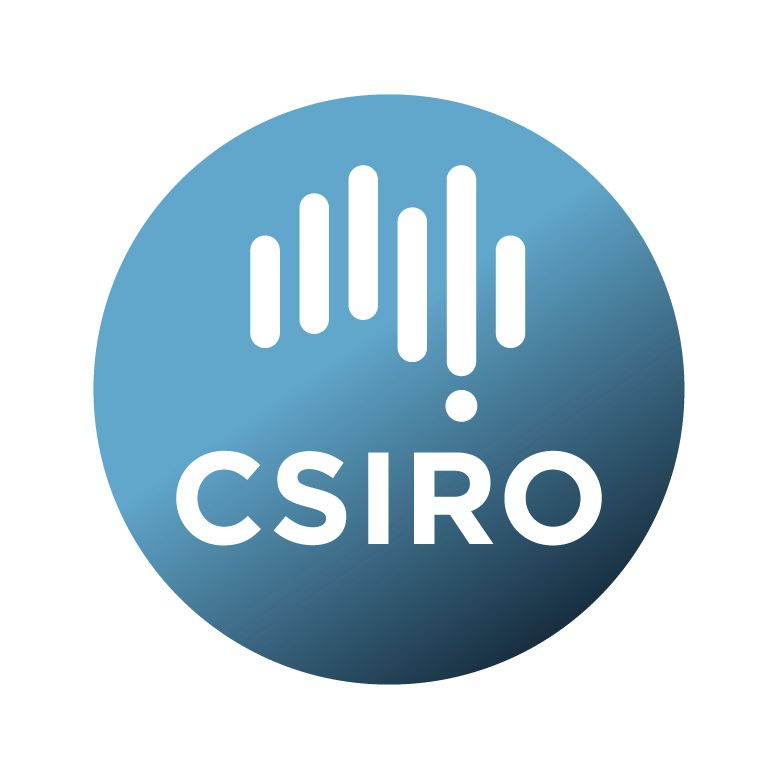Brief description
Global patterns of the contribution of biocultural approaches to pollinators and pollination to quality of life, from studies/sites identified in an analysis. These data were collected as part of, and in addition to, a contribution to the Intergovernmental Platform on Biodiversity and Ecosystem Services assessment of Pollinators and Pollination in Food Production. The data show locations of sites where Indigenous and Local Knowledge (ILK) contributes to: (a) beekeeping; (b) honey hunting; (c) Intangible Cultural Heritage listed as globally significant; (d) Cultural and mixed (cultural/natural) sites inscribed on the World Heritage List (WHL) with significance to pollinators. Also includes studies/sites identified where ILK contributions to practices that protect pollinators: Actions to foster pollinator nesting resources; mental maps of pollinators/resources; totems; taboos; manipulation of resources in the landscape; use of biotemporal indicators; and fire to stimulate pollination resources. Shows the locations of three types of diversified farming systems where ILK has been shown to contribute to pollinator conservation: shifting agriculture; home gardens; and commodity agroforestry. Globally Significant Agricultural Heritage Sites that contribute to pollinators and pollination are also included. This record includes the data underpinning maps that have been published in Nature Sustainability with full public access deposit. These maps did not appear in the IPBES assessment.Lineage: An initial review of scientific literature was conducted using a systematic protocol (searching English, Spanish and French literature) with four subsequent steps to enable incorporation and analysis of ILK10. First, a global call was issued for indigenous and local knowledge holders and experts who wished to contribute information relevant to pollinators and pollination, to participate in global and community dialogues. The resultant global and community dialogues provided much-needed information and guidance, and were supplemented by an ILK scoping literature review11. Second, an analytical framework was co-developed between ILK-holders and experts to guide the project. Third, literature was prioritised where evidence showed a direct role for ILK holders in representing and validating their own knowledge. Fourth, spatial analysis undertaken to locating the various national and regional data syntheses and site-specific examples in relation to the themes in the analytical framework. The final steps to enable this analysis involved firstly updating the review with publications since 2015 (the cut-off date for the IPBES pollination report), and heritage sites and elements listed in 2016-17; and secondly re-analysing the data gathered through the dialogues11 and literature to respond to all elements of the IPBES CF.
The studies were classified into the categories noted above in the collection description, and the location of the sites and the regions found on Google Earth. The files deposited here show the locations of these studies, according to the categories described above in the Collection Description, recorded as decimal degrees of latitude and longitude.
Available: 2019-01-18
Data time period: 2017-01-01 to 2018-01-01
Subjects
Anthropology |
Biological Sciences |
Biological (Physical) Anthropology |
Cultural Geography |
Ecology |
Ecology Not Elsewhere Classified |
Environment Policy |
Environmental Sociology |
Global Change Biology |
Human Society |
Human Geography |
Human Geography Not Elsewhere Classified |
Other Biological Sciences |
Other Human Society |
Other Human Society Not Elsewhere Classified |
Policy and Administration |
Population Ecology |
Sociology |
Terrestrial Ecology |
biocultural diversity |
biodiversity |
conservation |
indigenous people |
local communities |
pollination |
pollinators |
User Contributed Tags
Login to tag this record with meaningful keywords to make it easier to discover
Identifiers
- DOI : 10.25919/5C3D14A45EC49

- Local : 102.100.100/76997


